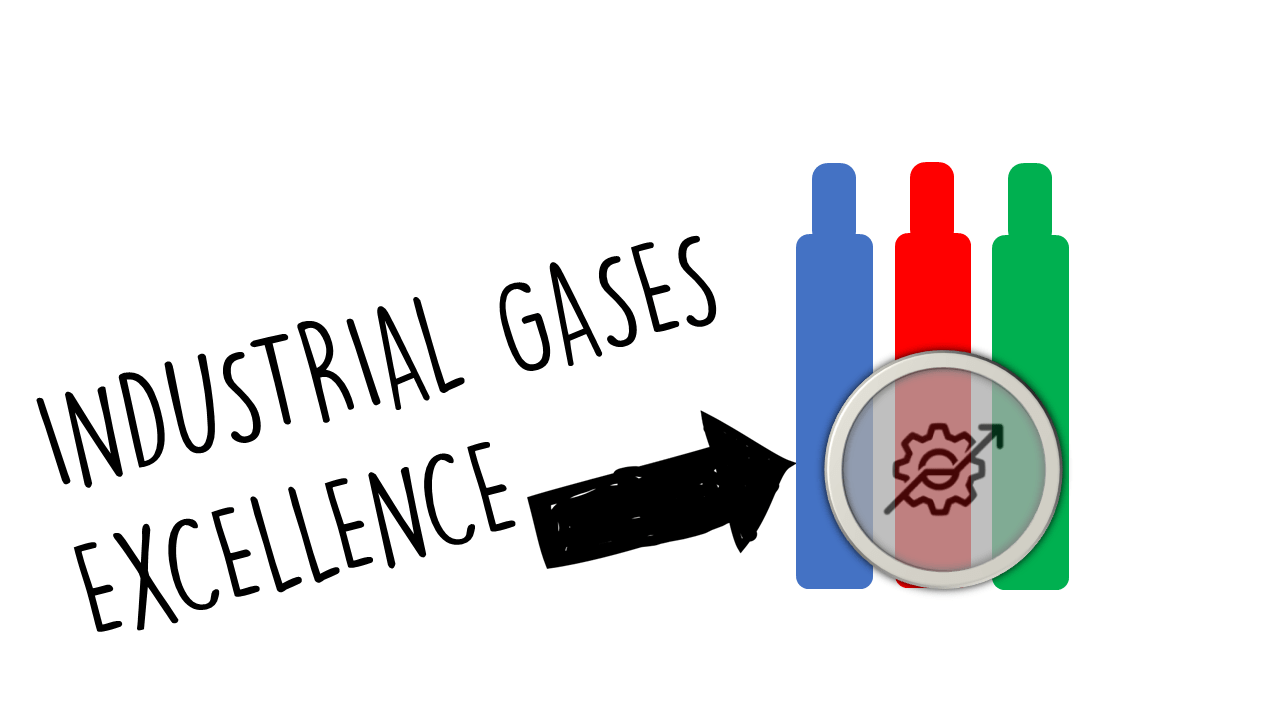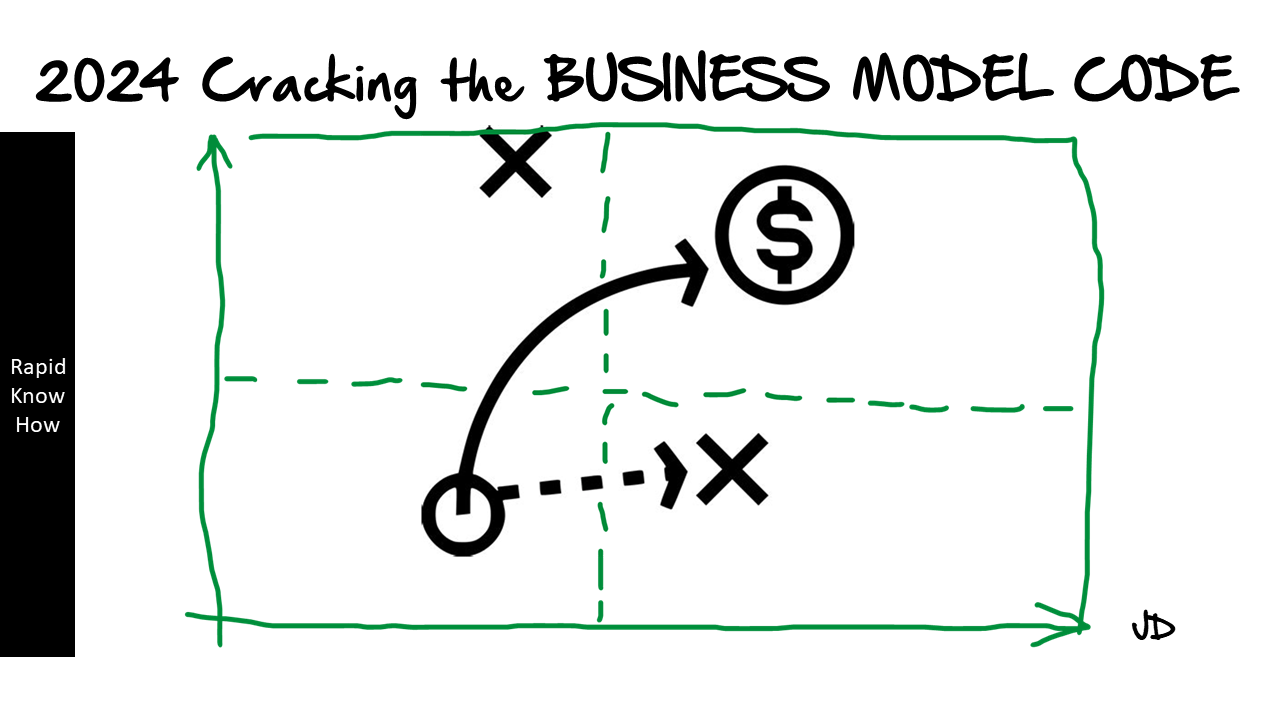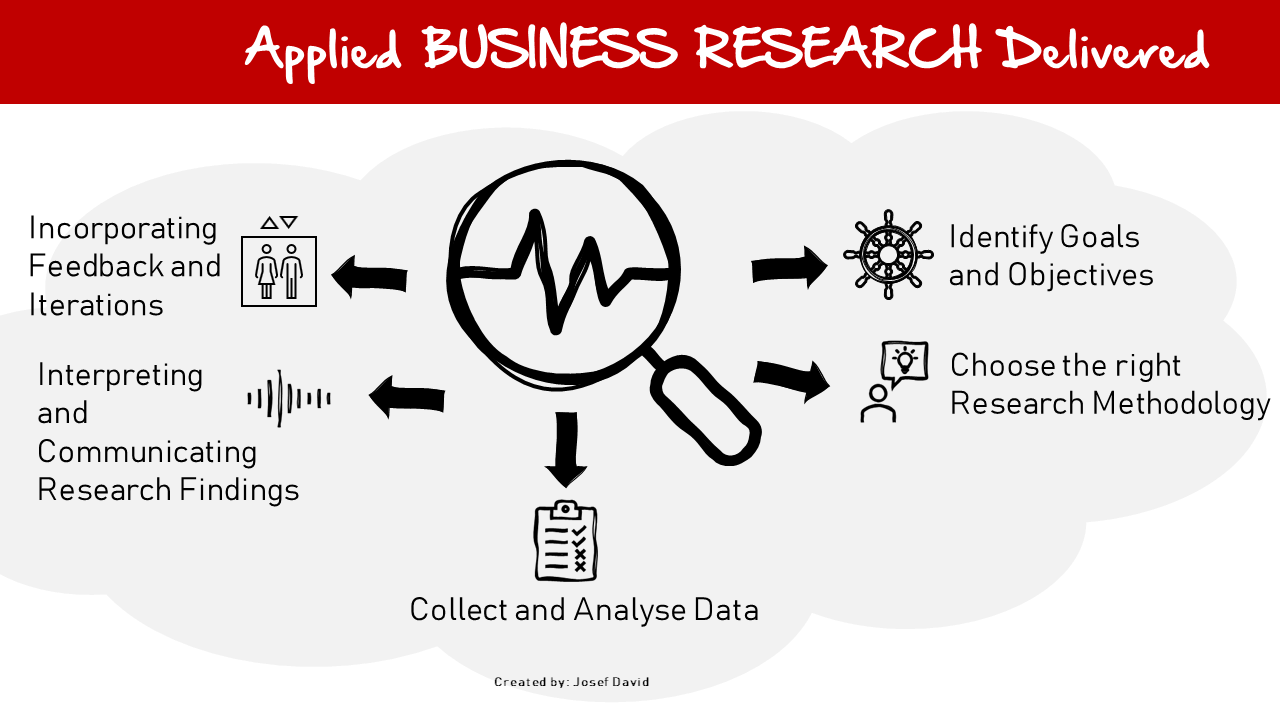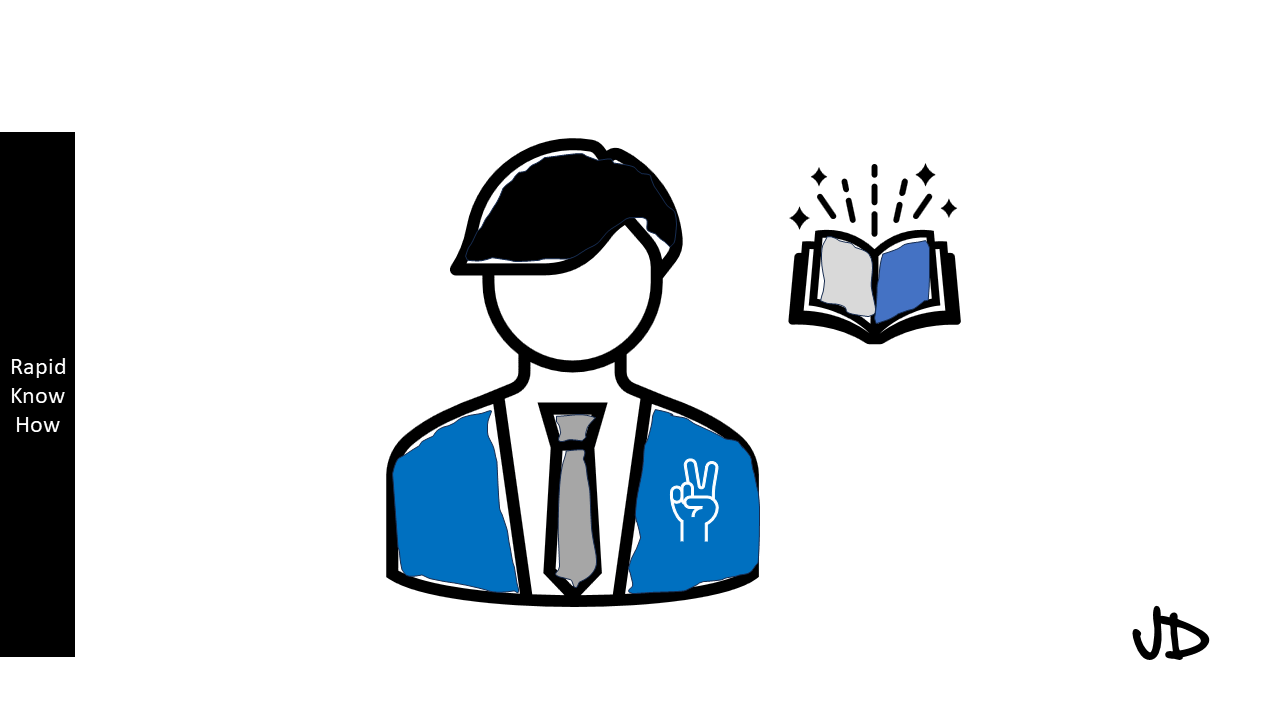In the industrial gas business, selling effectively requires both framing and reframing strategies to articulate the value of products and services in a way that resonates with customers.
Below is an outline on how to approach selling in this sector, emphasizing practical experiences and examples of framing and reframing techniques.
Experience Selling in the Industrial Gas Business
1. Understanding Customer Needs
Framing: Identify and articulate the specific needs of your customers based on their industry, usage, and challenges.
- Experience: Conduct customer interviews or surveys to gather information about how they use industrial gases and any pain points they encounter. Use this data to frame your offerings as solutions to their specific problems.
- Example: If you find a client in the welding industry struggling with gas supply consistency, frame your solution as:
- “Our reliable delivery service ensures you never run out of essential gases, allowing you to maintain productivity without interruptions.”
2. Value Proposition Presentation
Framing: Clearly outline the unique benefits of your products and services compared to competitors.
- Experience: Utilize data sheets, case studies, and testimonials to highlight the value proposition of your gas products, such as purity levels, delivery efficiency, or superior customer service.
- Example: Present a case study showing how your high-purity argon has enabled a customer to improve their welding quality and reduce waste:
- “Our argon gas has helped XYZ Company cut defect rates by30%, enhancing their overall production efficiency.”
3. Overcoming Objections
Reframing: Address common objections or misconceptions about the use of industrial gases or specific products.
- Experience: Prepare for objections regarding costs, complexity of logistics, or perceived risks by understanding competitors’ weaknesses.
- Example: When customers express concern over the cost of switching to a new supplier, reframe this by emphasizing long-term savings and reliability:
- “While you may notice a difference in upfront costs, our customers have found that our consistent quality and on-time delivery significantly reduce downtime and overall production costs in the long run.”
4. Building Relationships
Framing: Position yourself as a trusted partner rather than just a vendor.
- Experience: Engage in regular check-ins with your customers, offer technical support, and provide training webinars about the latest developments in gas technology.
- Example: Create a “Customer Success Program” that highlights your commitment to partnership:
- “We don’t just provide gases; we partner with you to optimize your operations and troubleshoot any issues you encounter, ensuring your success is our priority.”
5. Leveraging Technology
Reframing: Shift perceptions of e-commerce and online ordering from being impersonal to a value-adding tool.
- Experience: When selling your online platform for ordering gases, emphasize enhancements and support mechanisms that make it user-friendly.
- Example: Frame your e-commerce platform with features like live chat support and detailed product guides:
- “Our online ordering system not only allows you quick access but also provides personalized recommendations, real-time assistance, and access to a wealth of resources to help you make informed decisions.”
Conclusion
In the industrial gas business, effective selling hinges on the dual strategies of framing and reframing.
By understanding customer needs, presenting compelling value propositions, overcoming objections, building relationships, and leveraging technology, sales professionals can create a compelling narrative that elevates their products and services.
It’s essential to communicate value in a way that addresses concerns and highlights the long-term benefits, ultimately driving sales and fostering customer loyalty.




